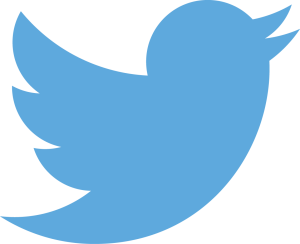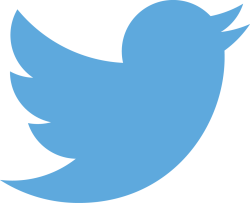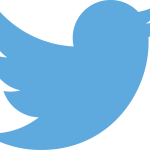 This happens a lot. Too much, in fact:
This happens a lot. Too much, in fact:
I find a Twitter account for a subject in which I am very interested. I look at who the account follows, so I can see other, related accounts on the subject. Instead, I see a long list of celebrities that whomever the social media manager follows: movie stars, athletes, bands, reality show celebrities, etc. Sometimes, I even see the account follows adult entertainment stars and highly-controversial political figures. And I wonder: how much time does this social media manager spend on Twitter doing what personally interests them rather than activities that benefit the organization?
It’s not just what you post on social media that sends a message about your organization: it’s also who you follow, what you “like”, what you retweet, etc.
The accounts that your Twitter account follows should be related to your organization’s mission or subjects your organization needs updates about, such as nonprofit financial management, corporate social responsibility, volunteer management, etc.
This isn’t to say your organization can’t follow a celebrity via its social media accounts. If a celebrity is vocal in supporting the issue that is central to your nonprofit’s mission and posts about such frequently, by all means, like that celebrity’s posts that relate to that – in fact, leverage them: reply to and retweet their messages with your own organization’s congratulations or point of view.
This isn’t to say your organization shouldn’t follow a politician: you absolutely should follow your area’s elected officials, even if you don’t agree with them, because what they do can affect your organization and clients. And again, reply to their posts, even if you disagree with them, if your message relates to what your organization tries to do as a part of its mission.
If a social media manager reports to you, you need to be supervising them! You do that by:
- Following your organization’s account on Twitter via your own, personal Twitter account – an account you never, ever have to use to post anything at all – and reading that account regularly, certainly every week
- Following your organization’s account on Facebook and reading the posts regularly
- Asking how many people are coming to events or activities as a result of social media posts (and if they say they don’t know, tell them they need to start finding out)
- Asking how many people engage with the organization’s social media (comment, ask questions, etc.), not just how many people “like” a social media post
- Asking what the manager is doing to attract new followers on social media
- Asking for an overview of who is following the organization on social media. People interested in attending events or obtaining services? Elected officials? Other area organizations?
- Asking the social media manager to break down by percentage the categories posts might fall into: posts that are about marketing activities, posts that are about attracting donors, posts that are about promoting the organization’s accomplishments, posts meant to educate regarding the organization’s cause, etc. If 50% of posts are asking for money, should this be reduced, and the number of posts about accomplishments be increased?
- Asking the manager how he or she engages with other accounts on their feeds: what posts are they “liking” or commenting on, and have those interactions lead to anything – new followers, questions, criticisms, etc.
On a related note: please put the FULL name of your organization in your Twitter description, not your mission statement! I don’t want the only way to find you on Twitter to be to look on your web site – most people just give up rather than trying to hunt you down.

If you have benefited from this blog or other parts of my web site and would like to support the time that went into developing material, researching information, preparing articles, updating pages, etc., here is how you can help.
Also see:
- 14 (was 13) things you do to annoy me on social media
- Daily, Mandatory, Minimal Tasks for Nonprofits on Facebook & Twitter
- Nonprofits & NGOs: you MUST give people a way to donate online
- The importance of Twitter lists
- The awesome power of tweet tags
- Why I won’t follow you on Twitter
- The dark side of the Internet for mission-based organizations
- Measuring social media success? You’re probably doing it wrong.
- Evaluating Online Activities: Online Action Should Create & Support Offline Action
- Volunteers can help you reach more people on Facebook
- How to handle online criticism of your organization.
- Snapchat’s Potential Power for Social Good – with REAL examples.
- Stages of Maturity in Nonprofit Orgs Using Online Services.
- How Not-for-Profit and Public Sector Agencies REALLY Use Online Technologies
- Could a Twitter exchange lead to change in a Kentucky nonprofit law?
- Police: use social media to invite community participation, show compassion
- How do international NGOs use Twitter?
- What nonprofit & government agencies “get” FaceBook?
- Subscribe to these Twitter lists – or recommend additions
- Addressing criticism, misinformation & hate speech online
- Social media: cutting both ways since the 1990s
- Basic Press Outreach for Mission-Based Organizations



